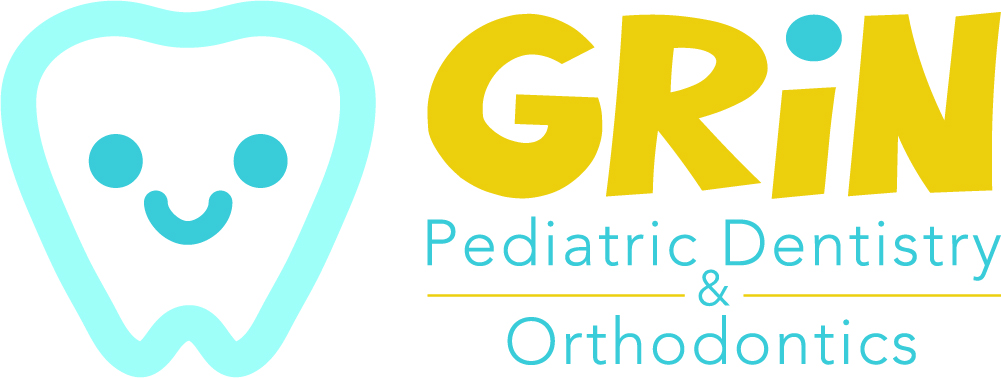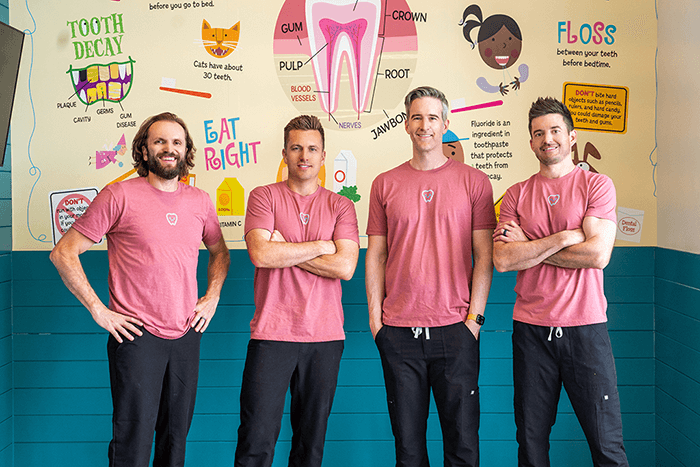Understanding Cavities in Children: Prevention & Early Detection
Cavities are one of the most common dental problems among children. While they may start small, untreated cavities can quickly cause pain, infection, and even long-term oral health issues. The positive news is that most cavities can be avoided with the right care and early attention.
This guide explores what parents need to know about cavities in children—including how to recognize them early, steps for preventing cavities, and available kids cavity treatment options.
What Are Cavities in Kids?
A cavity is an area of tooth decay caused when bacteria in the mouth feed on sugars and starches. These bacteria produce acids that slowly weaken and break down enamel—the protective surface of the tooth. Eventually, this damage results in a small hole, or cavity.
In kids, cavities often appear in places that are difficult to clean properly, such as the grooves of back molars or between teeth where flossing may be missed.
Why Cavities in Children Shouldn’t Be Ignored
It’s a common myth that cavities in baby teeth don’t matter since those teeth eventually fall out. In reality, baby teeth are critical for chewing, speaking clearly, and holding the space needed for permanent teeth. Leaving cavities untreated can lead to:
- Persistent pain or sensitivity
- Difficulty eating and poor nutrition
- Interrupted sleep or concentration at school
- Misalignment issues when adult teeth emerge
Timely cavities in children’s treatment is important to keep kids healthy and comfortable.
Early Signs of Cavities in Children
The earlier cavities are found, the easier they are to treat. Parents should watch for:
- White spots or lines on teeth (early enamel weakening)
- Brown or black areas on the surface
- Sensitivity to hot, cold, or sweet foods
- Complaints of tooth pain
- Redness or swelling near the gums
If you notice these changes, schedule an appointment with a trusted pediatric dentist in Colorado.
How to Prevent Cavities in Kids
Preventing cavities is always better than needing treatment. Here are proven strategies for how to prevent cavities:
1. Build a Consistent Brushing Routine
Children should brush twice daily with fluoride toothpaste. Use a smear for toddlers, and a pea-sized amount once they are older than 3.
2. Don’t Skip Flossing
Introduce flossing as soon as two teeth touch. Daily flossing removes plaque and food particles that brushing can’t reach.
3. Limit Sugary Foods and Drinks
Candy, soda, juice, and sticky snacks give bacteria the fuel they need to produce acids. Water and healthy snacks such as fruits and vegetables are safer for teeth.
4. Schedule Regular Dental Checkups
Routine visits every six months allow your pediatric dentist in Colorado to monitor growth, catch early decay, and apply preventive treatments such as fluoride or sealants.
5. Use Fluoride Effectively
Fluoride strengthens enamel and protects against decay. Your dentist may suggest additional fluoride applications or rinses if needed.
Treatment for Cavities in Children
If a cavity does appear, don’t worry—modern kids cavity treatment is safe and effective. Options may include:
- Fluoride treatments for early-stage decay
- Fillings for small cavities, using tooth-colored or other materials
- Crowns to protect teeth with larger areas of decay
- Pulp therapy to save teeth when decay has reached the nerve
Your dentist will recommend the right solution based on the severity of the cavity.
The Parent’s Role in Preventing Cavities
Parents are a child’s first teachers when it comes to oral health. You can help by:
- Supervising brushing and flossing until at least age 7–8
- Offering water after meals and snacks
- Keeping dental visits positive and stress-free
- Using charts or rewards to motivate daily brushing
FAQs About Cavities in Children
- How common are cavities in kids?
Very common—over half of children will have a cavity by age five. - What’s the most effective way to prevent cavities?
Consistent brushing and flossing, limiting sugar, and regular visits to a pediatric dentist in Colorado. - Do cavities in baby teeth need treatment?
Yes. Baby teeth play a key role in speech, chewing, and guiding adult teeth. Treating them avoids pain, infection, and misalignment. - Which foods are most harmful?
Sticky candies, starchy snacks, and sugary drinks are the biggest culprits. - Is fluoride safe for kids?
Absolutely. When used as directed, fluoride is one of the most effective tools for preventing cavities.
Final Thoughts
Cavities in children are common, but they don’t have to be inevitable. With the right habits at home and professional guidance, parents can make a huge difference in preventing cavities and protecting their child’s smile.
At Grin Pediatric Dentistry and Orthodontics, we provide gentle and effective cavities in children treatment tailored to every child. Whether it’s prevention, early detection, or treatment, our team is here to make dental visits comfortable and reassuring—so your child can enjoy healthy teeth for years to come.






